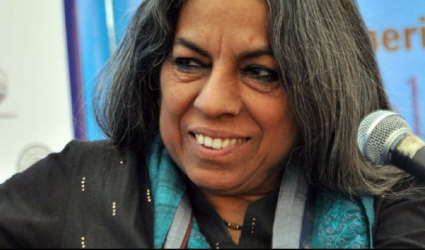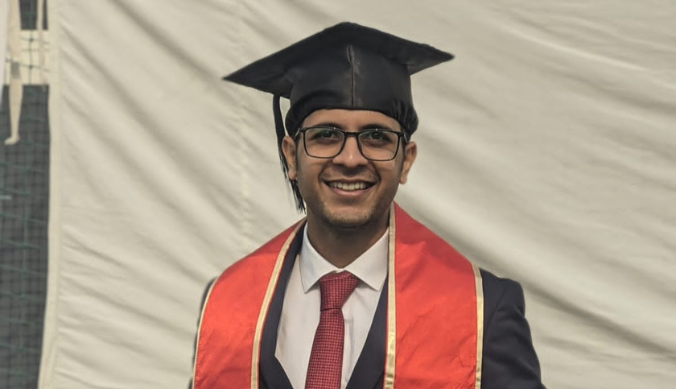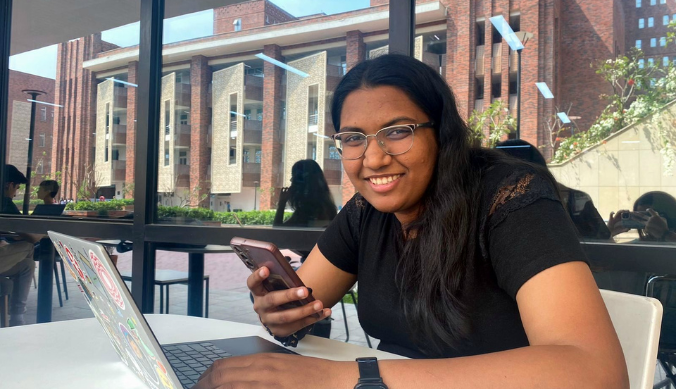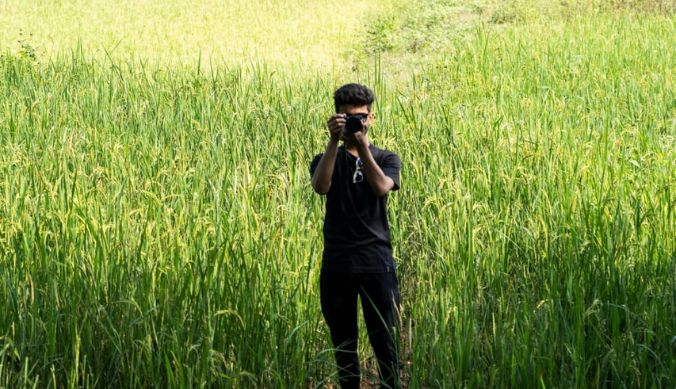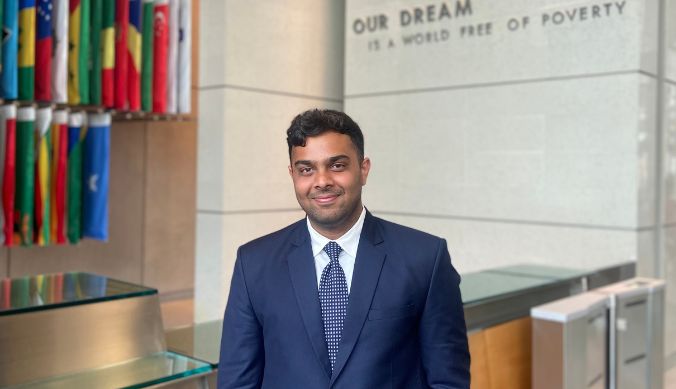Feminism, Queer Politics and Gender Roles
A glance at the highlights of three captivating guest sessions in November - by Vikramaditya Sahai, Urvashi Butalia and Smita Gandotra.

Office of PR & Communications
30 November, 2015 | 5 Mins readNovember, 2015: In the past month Ashoka University hosted several guest sessions that have been illuminating for their powerful discourse on various aspects of gender and sexuality. Two of the lectures were part of the Centre for Studies in Gender and Sexuality’s ongoing lecture series titled ISHQ (Issues in Society, History and Queerness). The first speaker was Vikramaditya Sahai, a PhD candidate from Delhi University who is also a part of the Gender Studies Faculty of Ambedkar University. Sahai who identifies as queer and dresses up in female clothes pulls off a saree with aplomb. He brought a much needed dose of insight when it came to discussing the topic ‘Who is the subject of queer politics?’ His talk addressed several aspects of how the state responded to and boxed in queer activism. Sahai also managed to bring out more complex ideas such as the performing of gender in public spaces and hierarchical divisions even in the LGBTQ (lesbian, gay, bisexual, transgender, queer) community. He also played a video of the Delhi Queer pride parade. Sahai’s infectious enthusiasm and wit no doubt earned him legions of fans and admirers, particularly since he minced no words when it came to answering the questions posed by the audience members.
Urvashi Butalia, a feminist publisher, was the second speaker in the ISHQ series. Butalia, the co-founder of Kali for Women, India’s first feminist publishing house, devoted her lecture to her decade long friendship with Mona Ahmed, the transgender woman who has been immortalised in photographer Dayanita Singh’s series. Butalia’s sheer affection for Ahmed was apparent in the anecdotes she related about her life. Ahmed, who has led a theatrical life, was born in a Muslim family in pre-partition Pakistan and her many trials and tribulations were captured in Btalia’s empathetic talk. From Mona’s molestation at the hands of a trusted elder when she was a young boy, to her castration, to the social structures of the hijra community, Butalia’s talk gave her listeners an insight into a world not known to many. She also returned repeatedly to the theme of gender – and our understanding of the same – when she talked of Mona’s desire for the child she adopted, who was ultimately wrested away from her. However, she also focused on Ahmed’s sheer tenacity to live life the way she wanted through all this. From the fact that she lived near a graveyard to the malleable manner in which she performed gender (she attended Hajj as a man), Butalia’s engaging talk fittingly established an image of the irrepressible Ahmed.
A lecture by Smita Gandotra, a faculty member at St. Stephen’s College, was also similarly invigorating. Gandotra focused on women writers of instructional literature that was common in the colonial era by analysing whether there were any insights to be gained from the texts into the roles women were expected to play ts. Her research was primarily on prolific Hindi writer Jyotirmayi Thakur. Gandotra handpicked several passages from one of Thakur’s most famous works Swami ke Patra (The husband’s letters) to demonstrate that era’s middle class fears about women becoming men and wives who were anything but wholly devoted to their husbands. She also revealed interesting concepts about how letter writing itself was a patriarchal institution given that women who covertly posted letters were viewed with suspicion. Women were expected to post letters only to their husbands and they were also expected to read these letters aloud with their female companions. In the process the audience became conscious of how much the written word can conceal and divulge when it comes to letters and literature written by women in that era.
Not only were the three lectures enlightening as they introduced students to many unknown facts, they also left the audience with enough food for thought on important issues like Feminism, Queer Politics and Gender Roles.
(The writer is a Fellow, batch of 2016)





